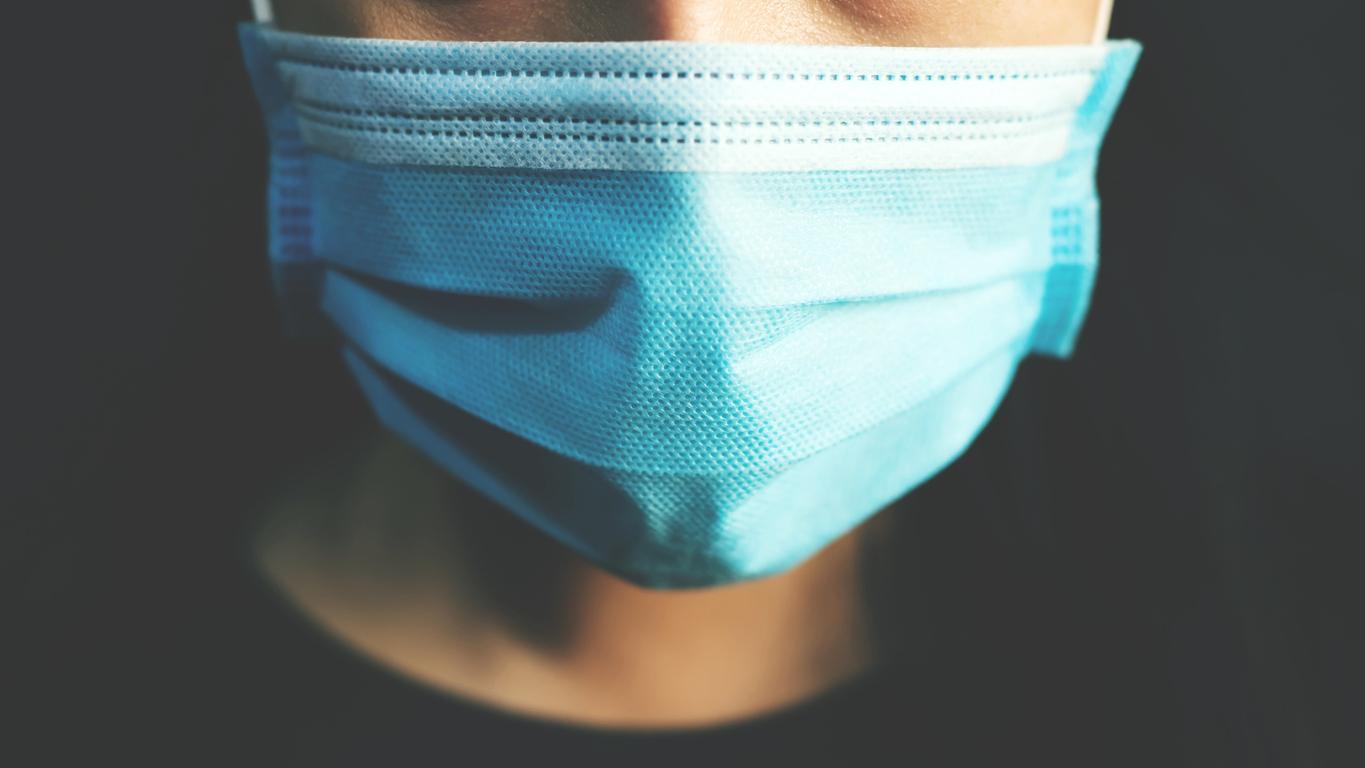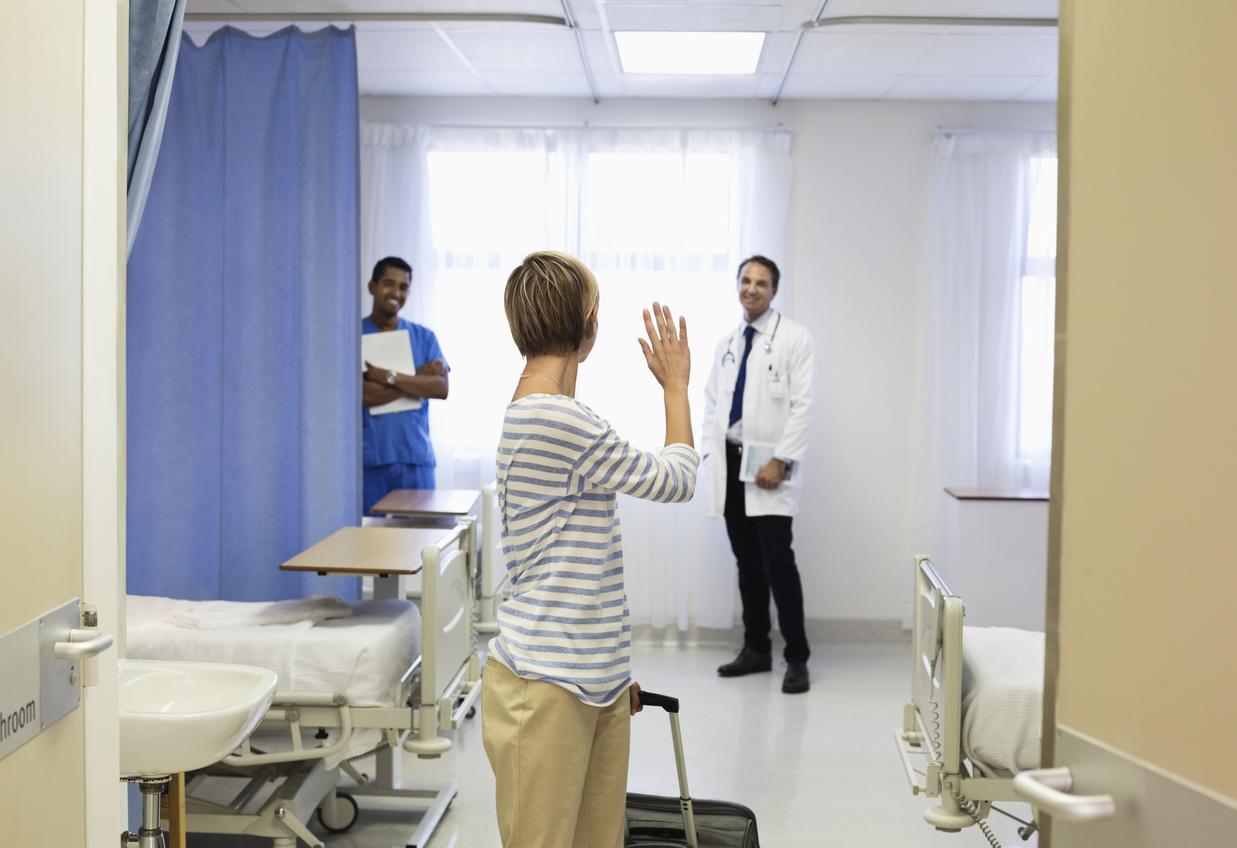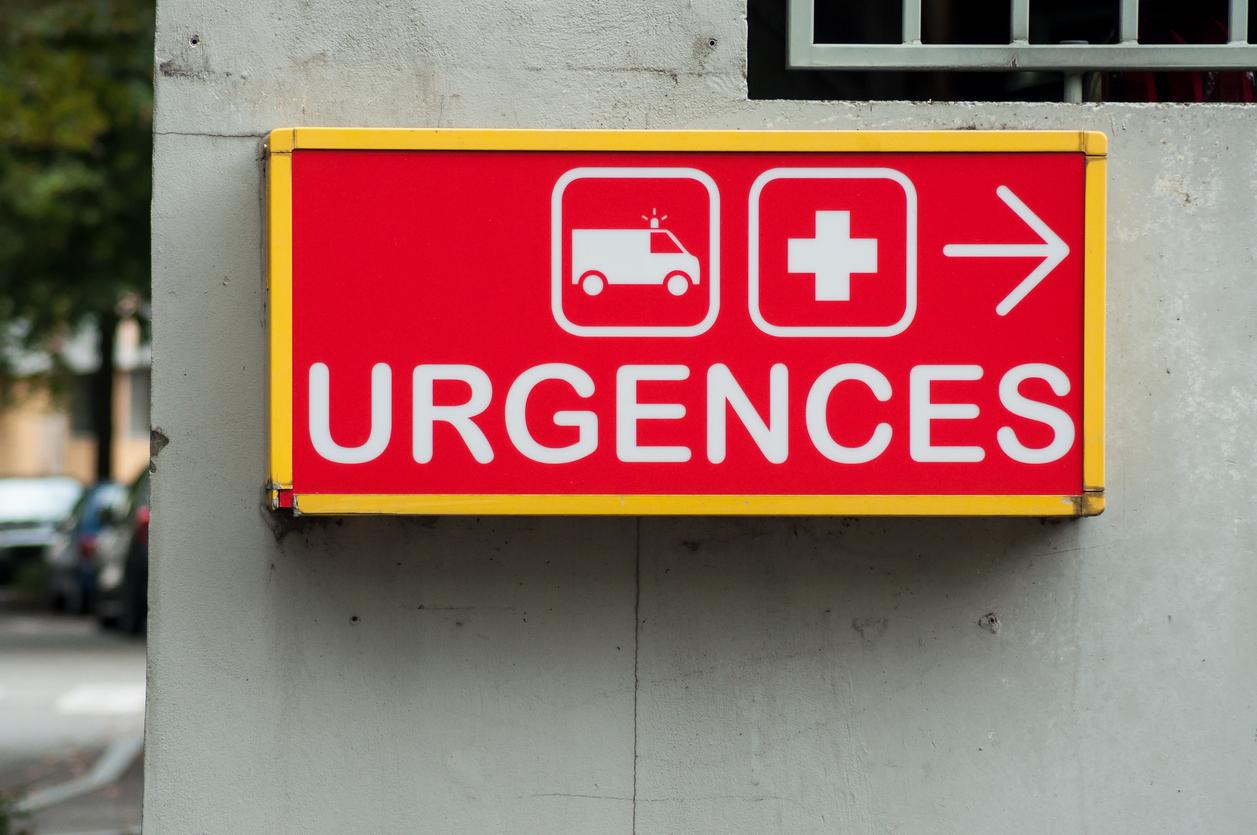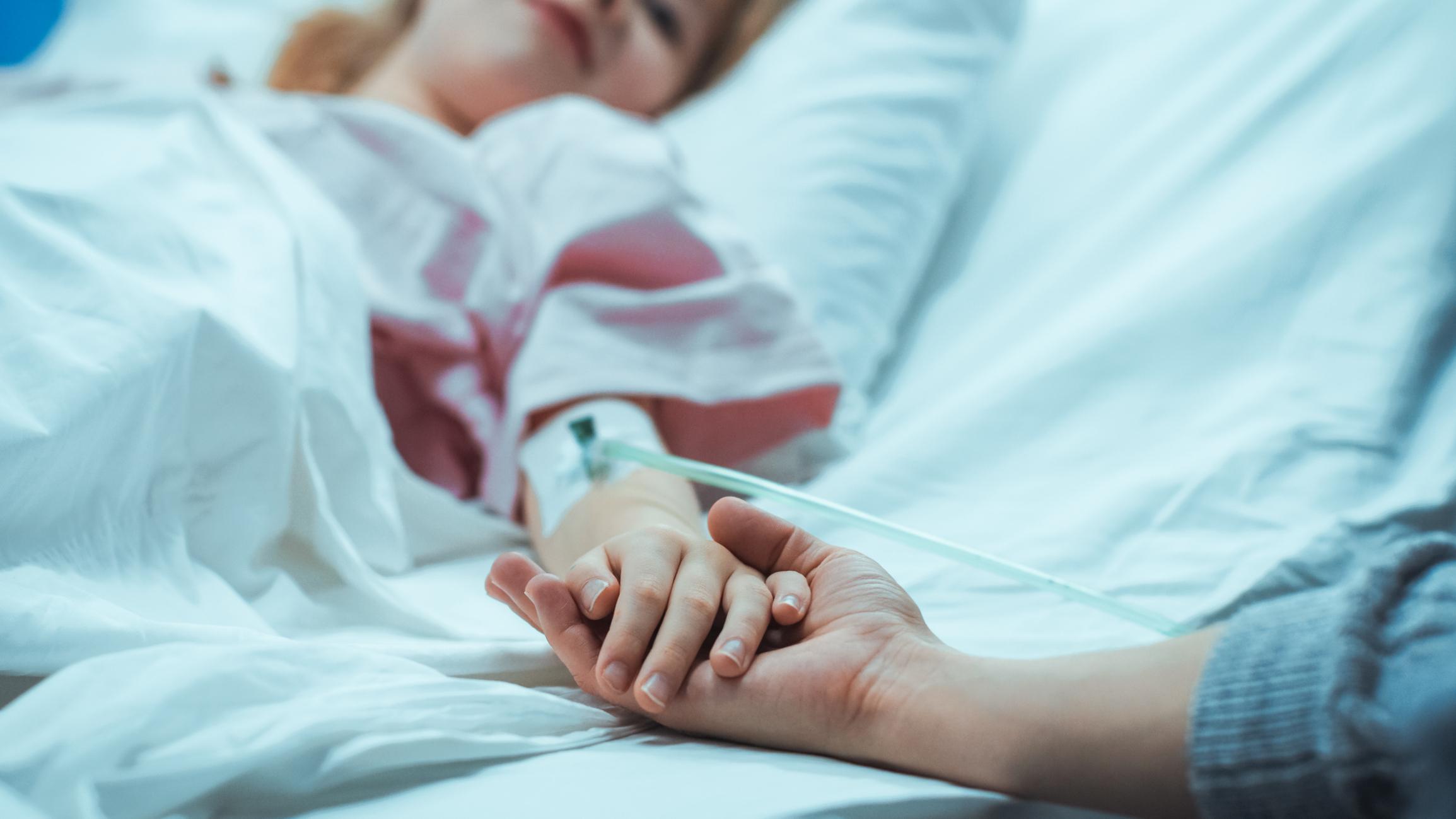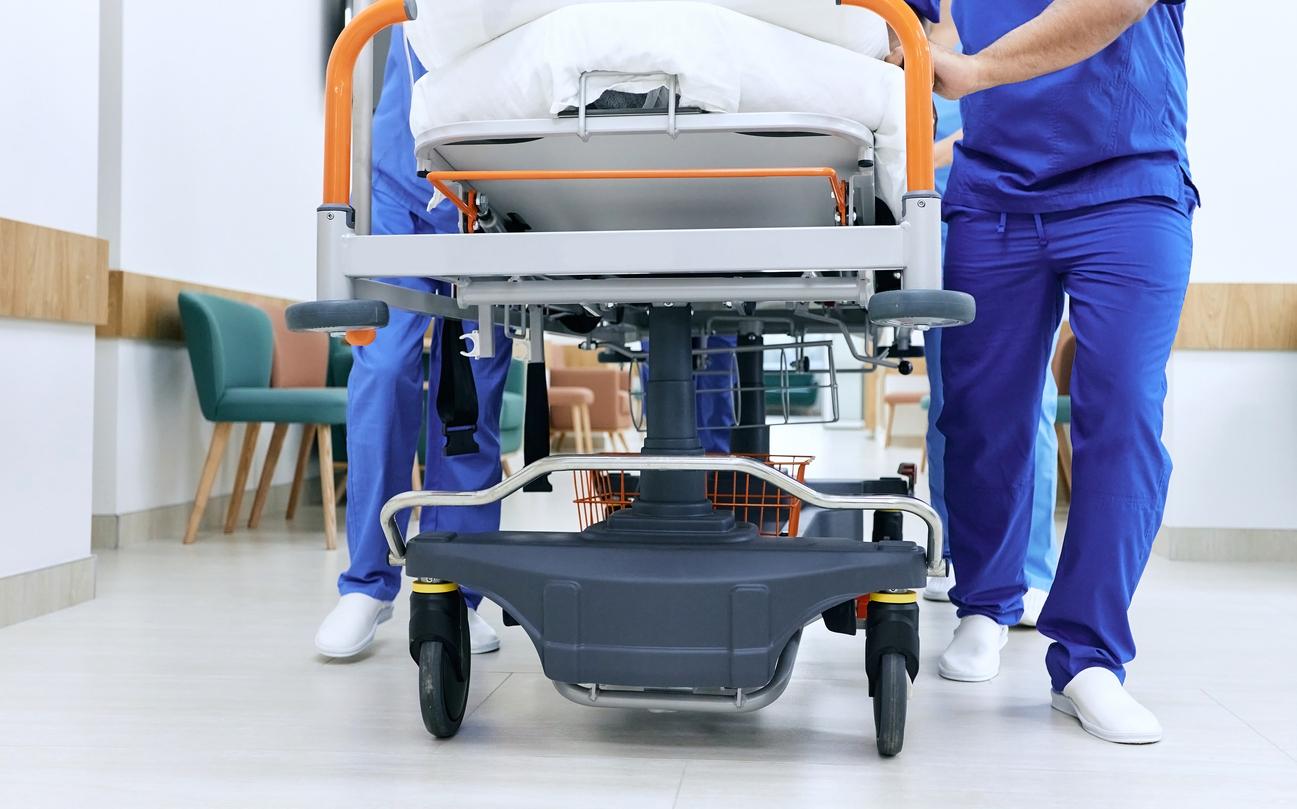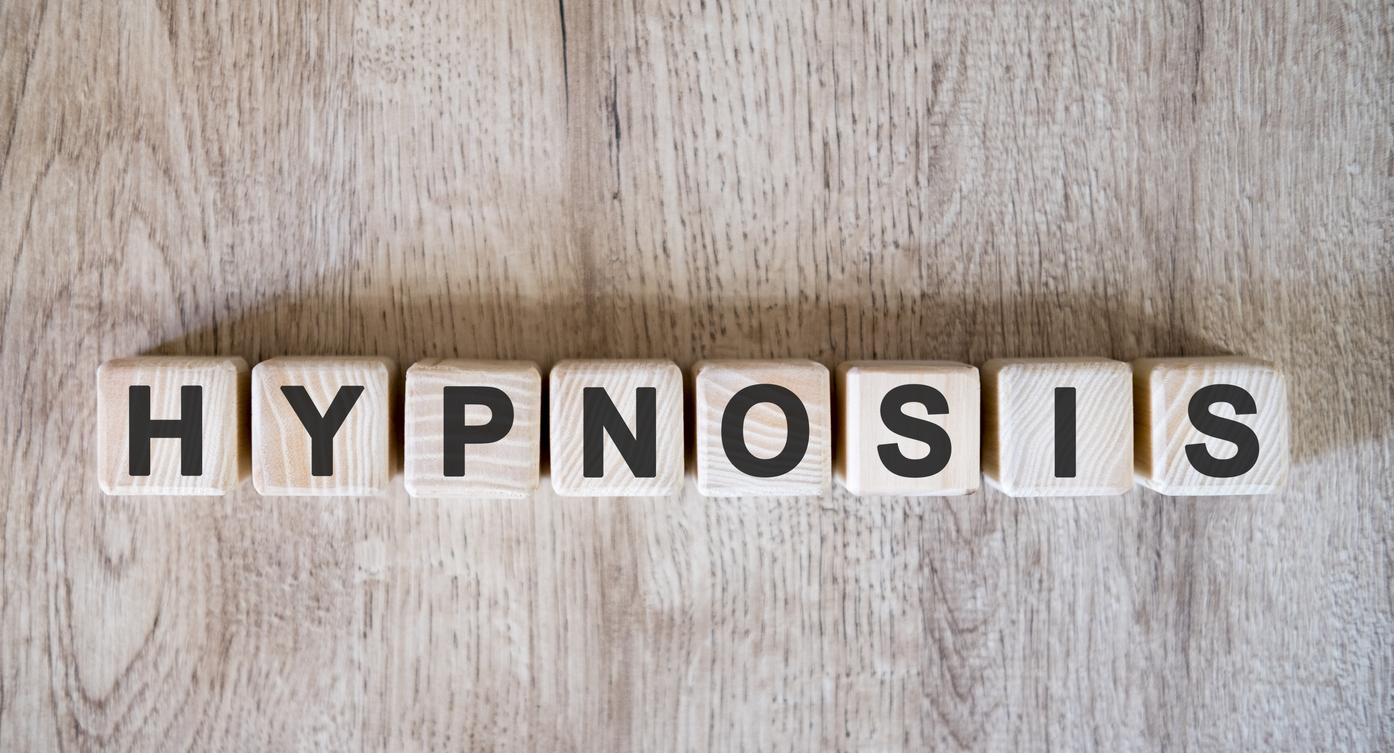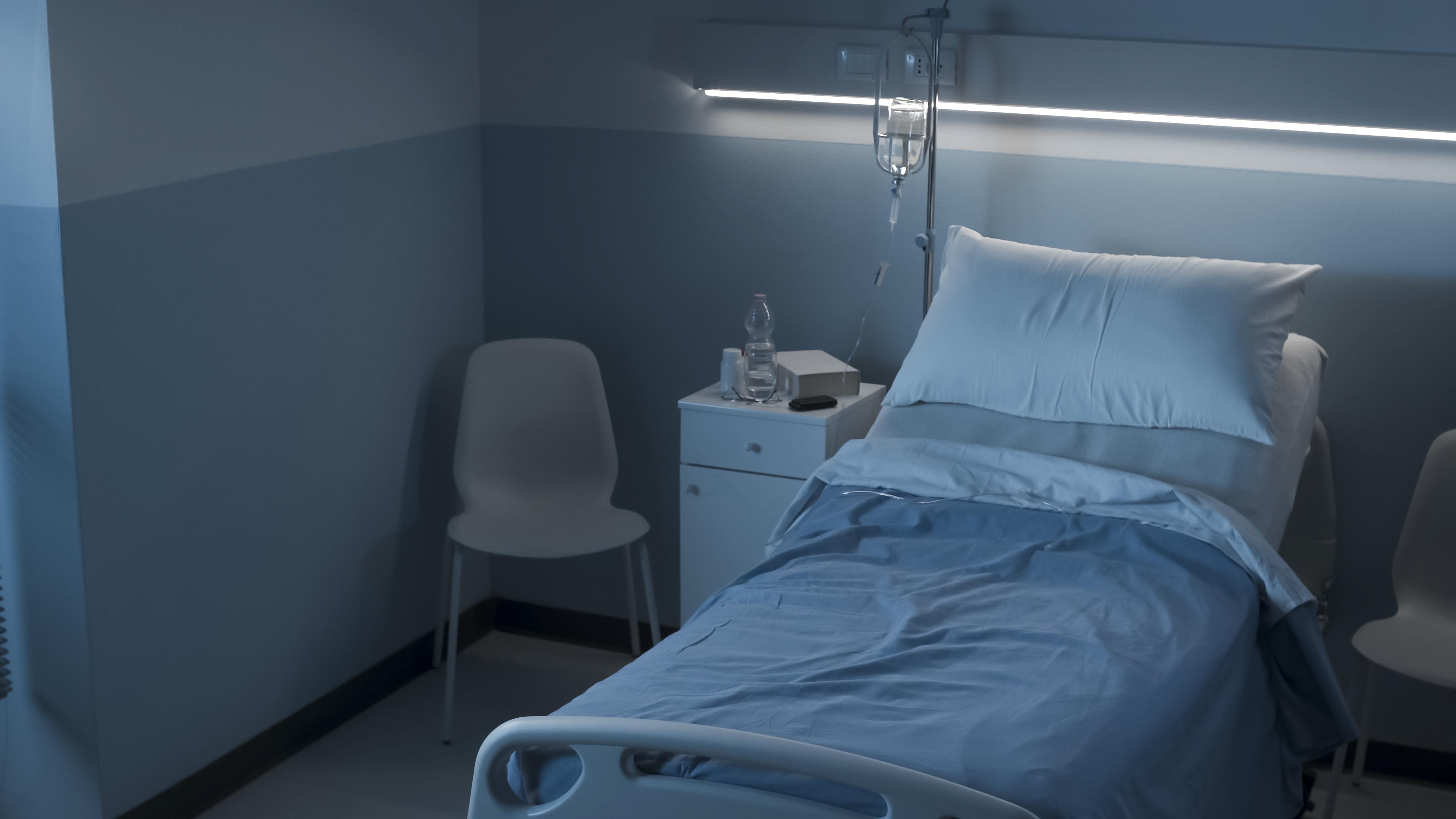From January 1, 2022, each patient not hospitalized after a visit to the emergency room will have to pay the bill as soon as they leave.

- Previously, the bill depended on the medical procedures performed.
- Child victims of abuse, victims of terrorism and people sick with Covid-19 treated in the emergency room will not have to pay.
- About 95% of French people have complementary health insurance or equivalent assistance, such as state medical assistance.
Billing is modernized at the hospital. You will no longer receive your bill a few weeks after your visit to the emergency room, but as soon as you leave. In addition to the shortened time, the amount of the bill changes: for any visit to the emergency room not followed by hospitalization, patients will have to pay 19.61 euros. This amount will be reduced to 8.49 euros for pregnant women over 5 months and people with a long-term condition.
Is the hospital prepared for this new measure?
This measure, called “emergency patient package“, was voted in the framework of the Social Security financing law of 2021, and was initially to come into force in September 2021, but the current health context and the time required for updating led to it being postponed to 1st January 2022.
However, this additional time may not be sufficient. For some, emergency services are not sufficiently prepared and adapted to this new method of billing. “At night, for example, there are not always medical secretariesx, explains Aurélien Sourdille, of the French Hospital Federation, at Huffington Post. There are nurses and caregivers, who are above all there for care, and whose primary mission is not to pass a credit card.
What will be the benefits?
MP Thomas Mesnier, the bearer of this measure, believes that currently “only 30% of the remainder paid for emergency visits goes to hospital coffers as invoicing is difficult to do.” Aurélien Sourdille concedes that the reform will limit cash losses, a current consequence of unpaid invoices. For patients, the measure should have no consequences on their wallet, because complementary health insurance will cover the 19.61 euros to be paid.
On the other hand, for people who do not have mutual insurance, you will have to pay the bill as soon as you leave. This scenario is a source of concern for hospital staff, who will have to manage the potential dissatisfaction of patients, who are not necessarily aware of this new measure. It will be necessary to show pedagogy to present this measure considered fairer by Aurélien Sourdille, because it allows a ceiling of the invoice, whatever the exams practiced, and above all it will facilitate invoicing. “Before, hospital services had to wait to know all the acts to know how much the bill would be, he reminds the Huffington Post. There, it is simplified to the extreme and we know immediately how much the patient must pay.” It is then up to him to provide an up-to-date vital card and a mutual insurance card to hope for full support!
.









